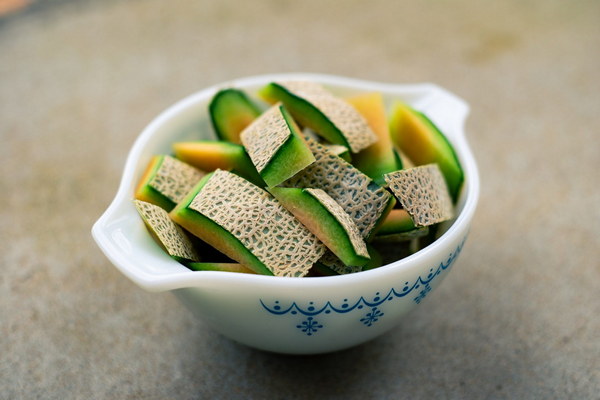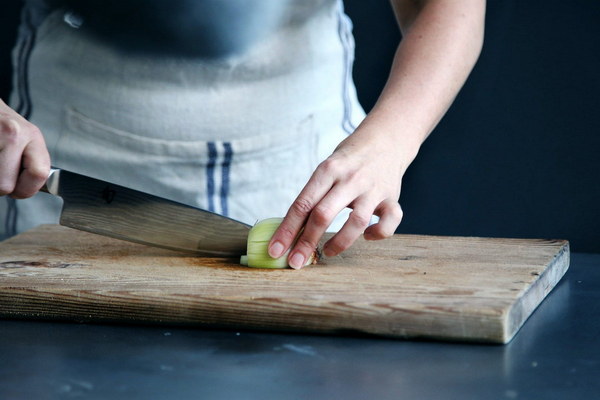Harmonizing Your WellBeing The Ancient Art of Meridian and Health Preservation
In the realm of traditional Chinese medicine, the concept of meridians plays a pivotal role in the understanding of health and wellness. Meridians, or channels, are pathways through which Qi (vital energy) flows throughout the body, connecting various organs and tissues. This intricate network is believed to maintain the body's balance and harmony, and understanding and nurturing these meridians can lead to improved health and longevity. Let's delve into the world of meridians and explore the art of health preservation through meridian balancing.
The Fundamentals of Meridians
Meridians are divided into two main categories: the twelve main meridians and the eight extraordinary meridians. The twelve main meridians correspond to the organs of the body and are further divided into the Yin and Yang meridians. The Yin meridians are associated with the internal organs, while the Yang meridians are linked to the limbs and muscles. Each meridian has its own specific points where Qi can be manipulated to promote healing and balance.
Balancing the Meridians for Health
The goal of meridian therapy is to maintain the flow of Qi and blood through these channels. When Qi becomes blocked or stagnant, it can lead to various health issues. Here are some practices that can help balance the meridians and support overall health:
1. Acupuncture: This ancient technique involves inserting fine needles into specific meridian points to stimulate the flow of Qi. Acupuncture has been used for thousands of years to treat a wide range of conditions, from pain management to stress relief.
2. Meditation and Breathing Exercises: Practices such as tai chi and qigong focus on breath work and meditation to enhance the flow of Qi. These exercises help calm the mind, reduce stress, and promote relaxation.
3. Diet and Nutrition: Certain foods are believed to nourish specific meridians and organs. For example, bitter foods are thought to benefit the liver meridian, while sweet foods are good for the spleen and stomach meridians.
4. Exercise: Regular physical activity helps maintain the health of the meridians by promoting circulation and flexibility. Practices like yoga, walking, and swimming can all contribute to a balanced Qi flow.
5. Herbal Medicine: Traditional Chinese herbs can be used to support the function of specific meridians and organs. An herbal formula tailored to an individual's specific needs can help address underlying imbalances.
Meridian Therapy in Daily Life
Incorporating meridian balancing into daily life can be as simple as paying attention to the following:

- Stress Management: Chronic stress can lead to Qi stagnation. Finding ways to manage stress, such as through mindfulness practices, can help maintain a smooth flow of Qi.
- Hydration: Staying well-hydrated is crucial for the circulation of blood and the flow of Qi. Drinking plenty of water throughout the day can support overall meridian health.
- Quality Sleep: Adequate sleep is essential for the body's ability to repair and regenerate. Ensuring you get enough rest each night can help maintain meridian balance.
- Seasonal Adjustments: The Chinese believe that meridian balance can be affected by the changing seasons. Adjusting your diet, exercise, and activities according to the season can help maintain health and harmony.
Conclusion
The art of meridian and health preservation is a profound and holistic approach to wellness. By understanding the flow of Qi through the meridians and implementing practices that support this balance, individuals can enhance their overall health and well-being. Whether through acupuncture, meditation, diet, exercise, or herbal medicine, the ancient wisdom of meridian therapy continues to offer valuable insights into the path to a healthier life.









